[Newsbits] 12.02.2024: InfexnTM, PACE Satellite & More
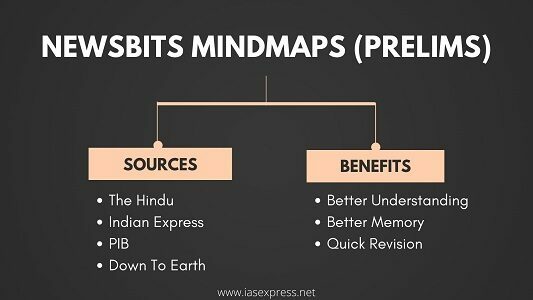
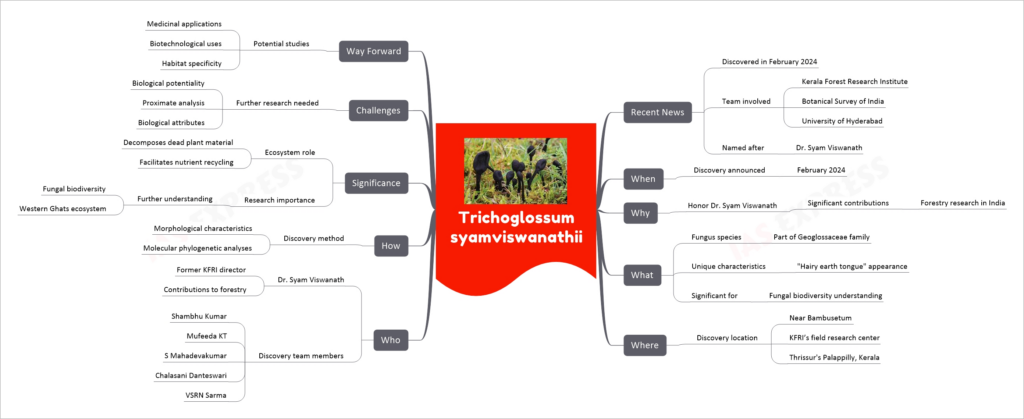
Trichoglossum syamviswanathii is a newly discovered fungus species within the Geoglossaceae family, known for its distinctive “hairy earth tongue” appearance. Discovered in February 2024 near the Bambusetum at KFRI’s field research center in Kerala, the fungus was named in honor of Dr. Syam Viswanath, a notable forestry researcher and former director of KFRI. The discovery team included experts from KFRI, BSI, and the University of Hyderabad. This species is crucial for the decomposition of dead plant materials, playing a significant role in nutrient recycling within forest ecosystems. The discovery highlights the importance of ongoing research into the diverse flora and fauna of the Western Ghats and opens avenues for future studies on its potential medicinal or biotechnological applications.
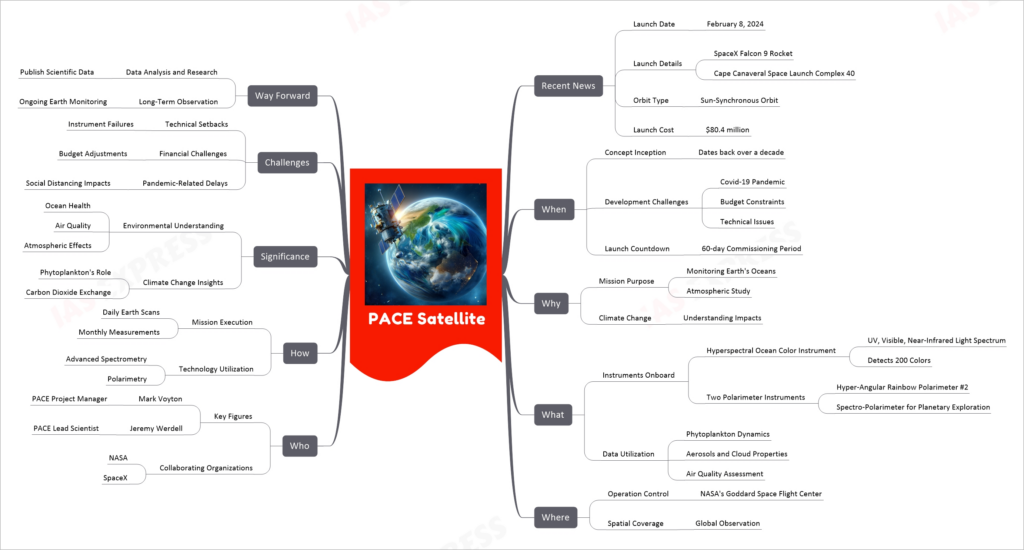
The PACE (Plankton, Aerosol, Cloud, ocean Ecosystem) satellite is a notable mission by NASA aimed at understanding and monitoring the Earth’s ocean and atmospheric conditions. Launched on February 8, 2024, aboard a SpaceX Falcon 9 rocket from Cape Canaveral Space Launch Complex 40, PACE marks a significant stride in climate research. The mission focuses on the intricate relationships between phytoplankton, aerosols, clouds, and other environmental elements.
PACE’s journey to launch was marked by various challenges, including technical issues and budget constraints exacerbated by the COVID-19 pandemic. Despite these hurdles, the mission, managed by NASA’s Goddard Space Flight Center, successfully advanced through rigorous testing and integration phases.
In orbit, PACE will observe the Earth’s atmosphere and ocean surface, enhancing our understanding of phytoplankton dynamics and their environmental interactions. This satellite is equipped with advanced instruments, including a hyperspectral ocean color instrument and two polarimeter instruments, Hyper-Angular Rainbow Polarimeter #2 and Spectro-polarimeter for Planetary Exploration. These instruments will provide detailed data on ocean ecology, atmospheric aerosols, cloud properties, and air quality at various scales.
PACE represents a continuation and advancement of over two decades of NASA’s satellite observations related to ocean biology, atmospheric aerosols, and climate studies. The mission aims to provide invaluable data for understanding and addressing climate change challenges.
Overall, PACE is a testament to the persistence and perseverance of the scientific community in advancing our knowledge of Earth’s complex systems, despite facing significant obstacles along the way.
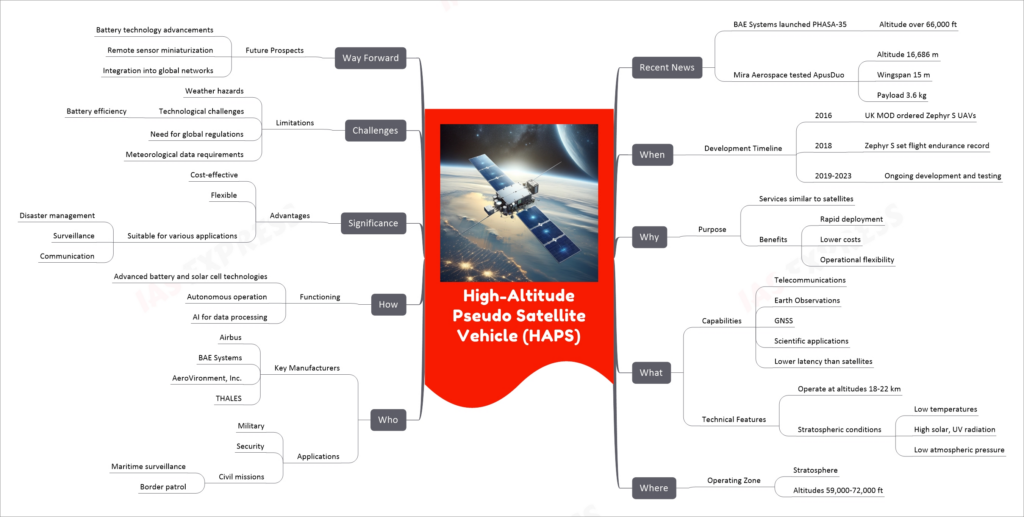
High-Altitude Pseudo Satellite Vehicles (HAPS) are innovative unmanned aerial systems operating in the stratosphere, providing satellite-like services with added flexibility and lower costs. They hold immense potential for applications in telecommunications, surveillance, environmental monitoring, and disaster management. Despite facing challenges such as weather hazards and technological limitations, ongoing advancements in battery technology and AI integration suggest a promising future for HAPS in enhancing global communication and observation capabilities.
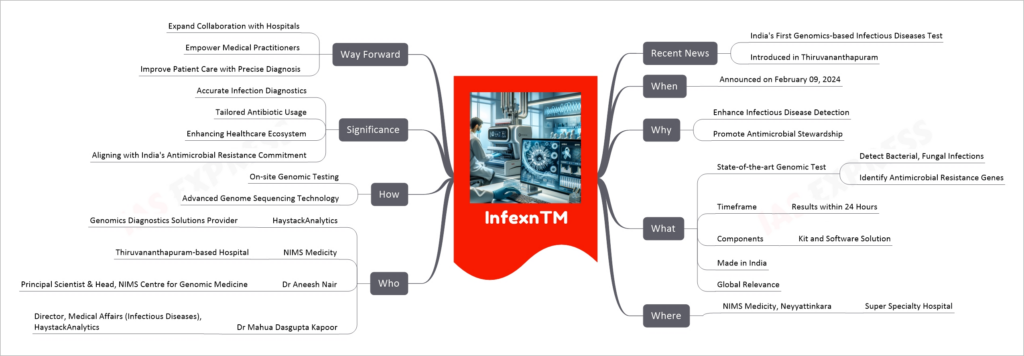
InfexnTM, introduced in Kerala’s capital, Thiruvananthapuram, is India’s first genomics-based infectious diseases test. Developed by HaystackAnalytics in collaboration with NIMS Medicity, this state-of-the-art test can detect bacterial and fungal infections, as well as antimicrobial resistance genes within 24 hours. This initiative promises to revolutionize the diagnosis and treatment of infectious diseases, aligning with India’s commitment to fight antimicrobial resistance. It symbolizes a significant advancement in the healthcare sector, enhancing patient care through precise diagnosis and tailored antibiotic usage.
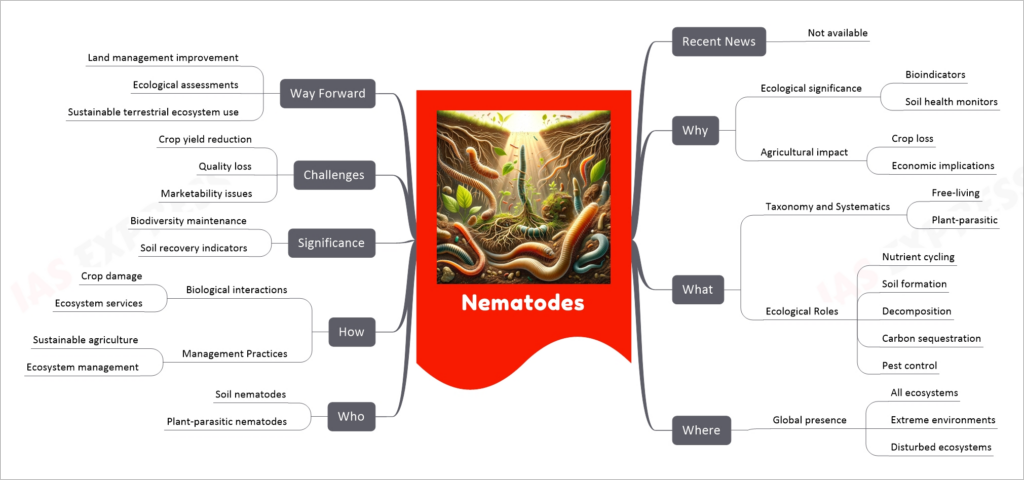
Nematodes are a diverse group of organisms playing significant roles in ecology and agriculture. They are key bioindicators for monitoring soil health and environmental changes. In agriculture, while some nematodes are beneficial for soil processes like nutrient cycling and decomposition, plant-parasitic nematodes cause substantial crop losses, impacting the economy. Understanding their taxonomy, ecological roles, and management practices is essential for sustainable agriculture and ecosystem management. Their study is crucial for improved land management, ecological assessments, and sustainable use of terrestrial ecosystems.
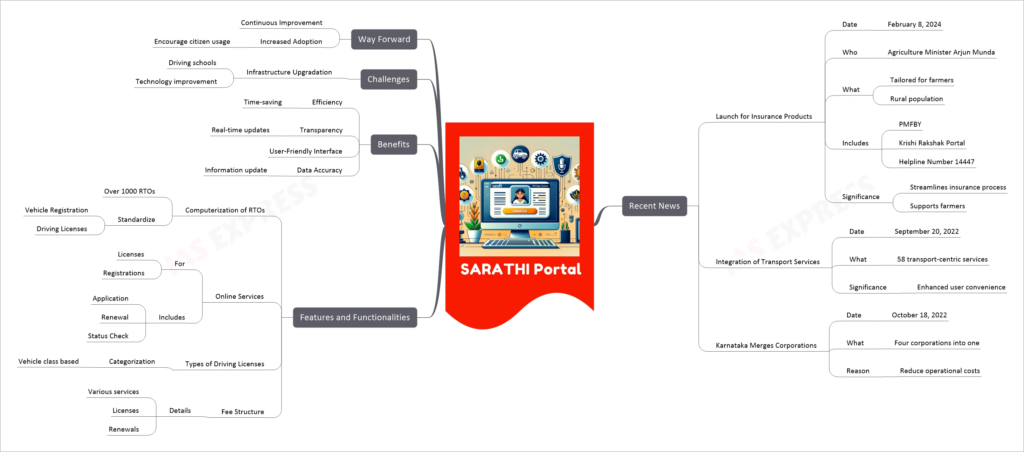
The SARATHI portal is a digital initiative by the Indian government, primarily aimed at revolutionizing how vehicle-related services are managed. Recently, it has expanded to include insurance products tailored for farmers, integrating 58 transport services for user convenience. This portal simplifies processes like vehicle registration and driving license applications, renewals, and status checks. It brings benefits like increased efficiency, transparency, and data accuracy through a user-friendly interface. However, challenges such as the need for infrastructure and technology upgrades in driving schools persist. The way forward includes continuous improvement and encouraging wider adoption among citizens.
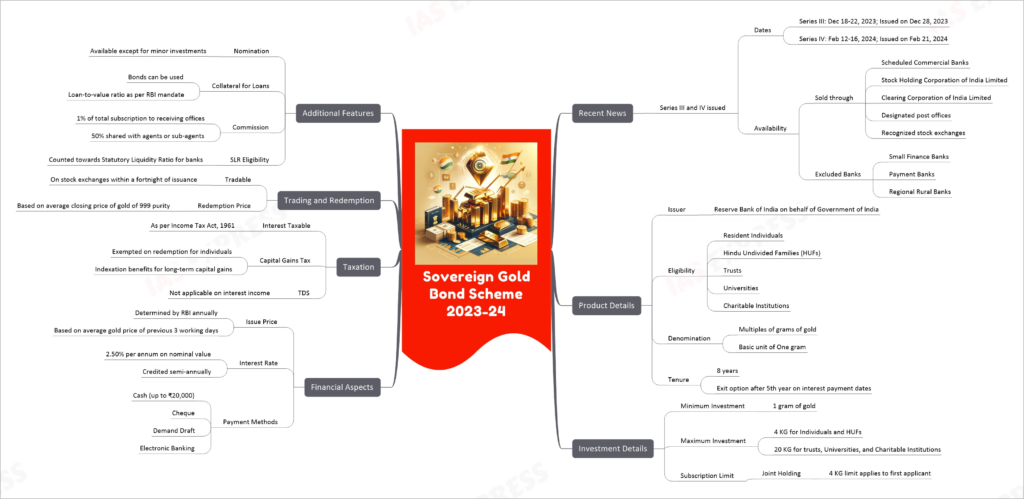
The Sovereign Gold Bond Scheme 2023-24, initiated by the Government of India and managed by the Reserve Bank of India, offers a method for individuals and entities to invest in gold without the need to hold physical gold. It provides a fixed interest rate and tax benefits on capital gains, making it an attractive option for long-term investment in gold. The scheme includes a series of bonds with various subscription and redemption features, aimed at different investor needs and preferences.
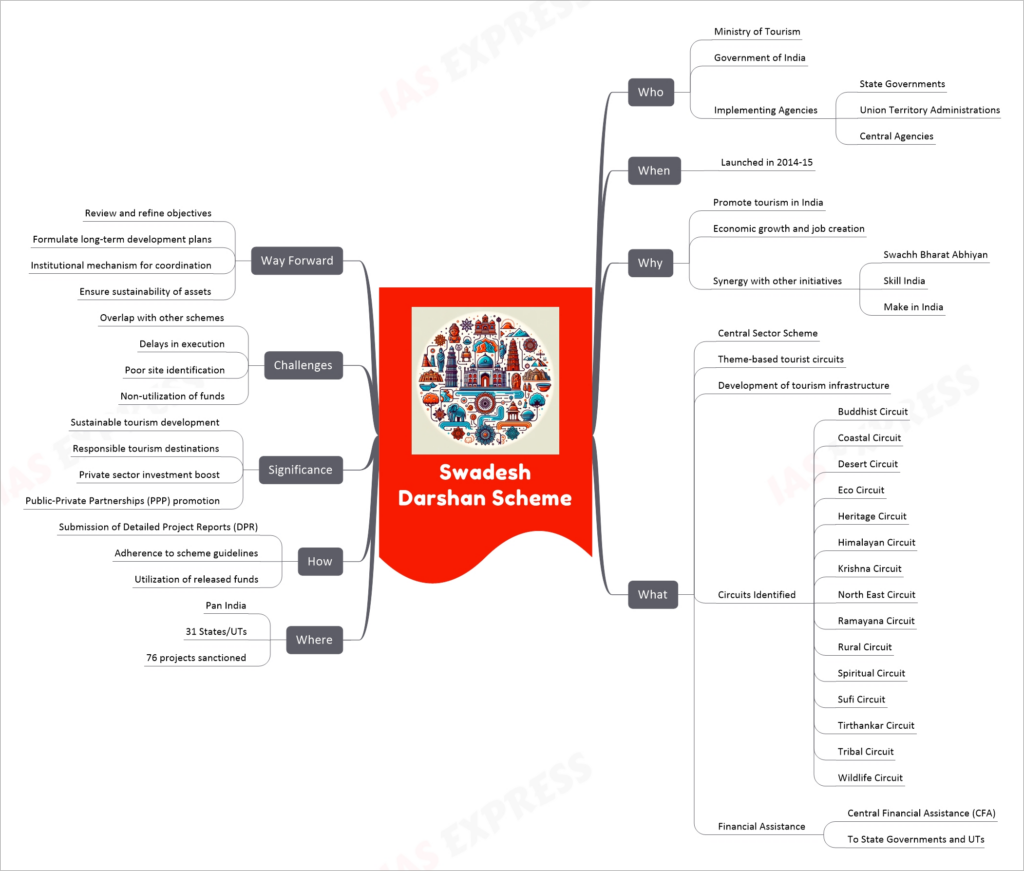
The Swadesh Darshan Scheme is a central sector initiative by the Ministry of Tourism, aiming to develop various thematic tourist circuits across India. These circuits focus on different themes like heritage, culture, spirituality, and nature, reflecting the diverse attractions of the country. The scheme is notable for its comprehensive approach, involving state governments and UT administrations in creating infrastructure that enhances the tourism experience while promoting economic growth and job creation. It aligns with other major initiatives, emphasizing the integrated development of the tourism sector as a key economic driver.
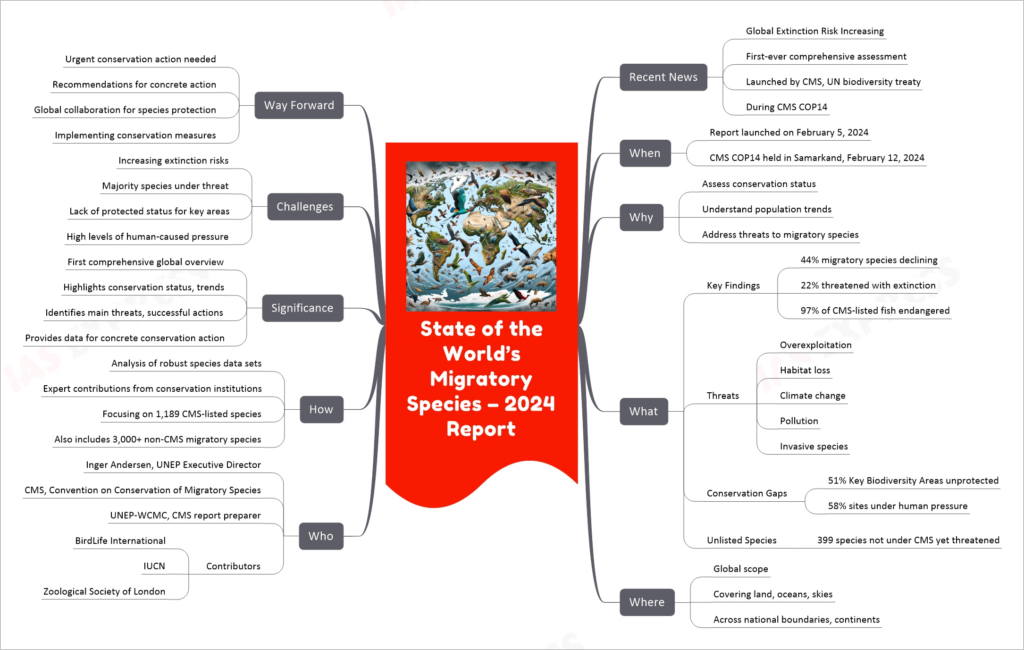
The “State of the World’s Migratory Species – 2024 Report” presents a critical and comprehensive assessment of the conservation status and population trends of migratory species globally. Launched by the Convention on the Conservation of Migratory Species (CMS) under the UN, the report reveals alarming statistics: nearly half of the migratory species are in decline, with a significant number threatened with extinction. Key threats include overexploitation, habitat loss, climate change, pollution, and invasive species. The report highlights the urgent need for global conservation efforts, emphasizing the role of migratory species in maintaining ecosystem balance and advocating for the protection of key biodiversity areas.
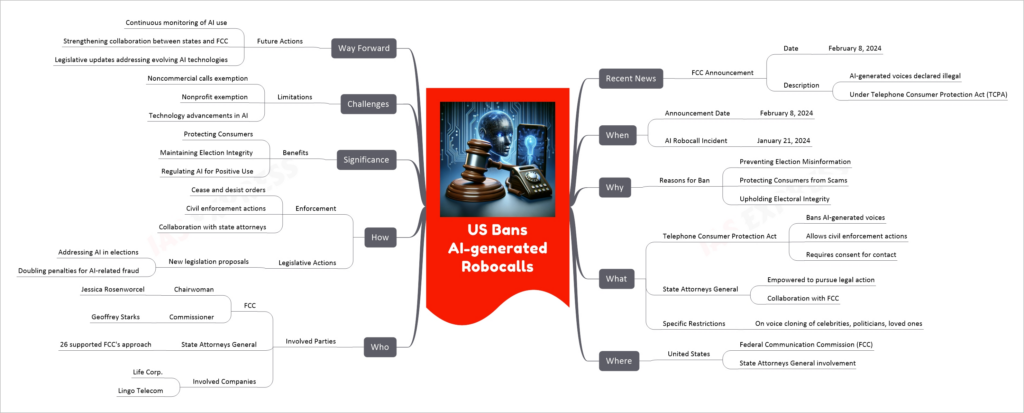
The US Federal Communications Commission (FCC) announced on February 8, 2024, a ban on AI-generated robocalls, particularly those using AI-generated voices. This decision falls under the Telephone Consumer Protection Act, aiming to protect consumers from scams and prevent election misinformation. The ban was prompted by incidents involving deepfake robocalls, including one mimicking President Joe Biden’s voice to spread false election information. The ruling enables state attorneys general to take legal action against such deceptive practices and highlights the growing need to regulate AI technology for its ethical and legal use, especially in the context of elections and consumer protection.
If you like this post, please share your feedback in the comments section below so that we will upload more posts like this.
